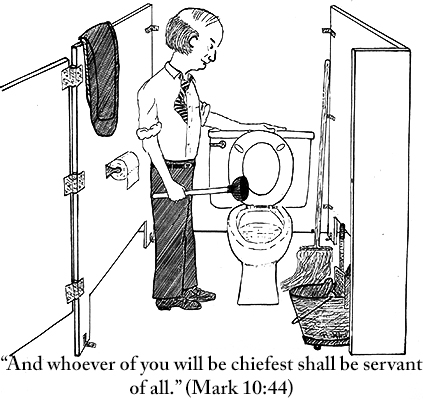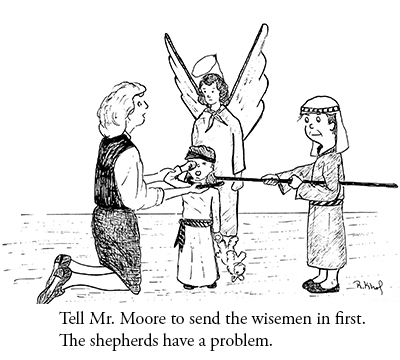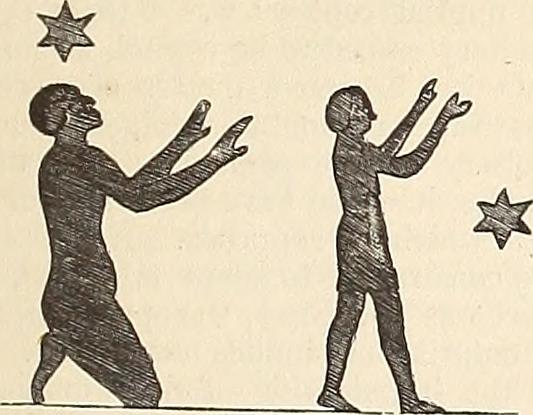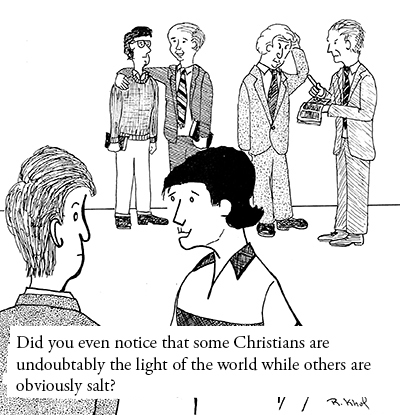Let us hold fast the confession of our hope without wavering,
for He who promised is faithful.
Hebrews 10: 23*
When the word “faithful” first came into Middle English in the thirteenth century, it meant “full of faith.” Over the centuries, the meaning has somehow morphed into “reliable, trustworthy, and true to one’s promises.”
The Lord Jesus is faithful, so He is all of the above. As Author of Our Faith (Hebrews 12:2), He is the source and supplier of the believer’s faith. Since Christ can be counted on and relied upon, He becomes a worthy object of faith that results in the production of faith among His people. Before anyone can understand being faithful, he must first understand faith. Simply put, faith is agreeing with God in thoughts, actions, and attitudes. It’s saying to the Almighty God, “Yes Sir, that’s right; let’s do it.” True faith always demands a response.
Geometry is taught in Math class, but it is really an exercise in logic. Nobody really cares about how long a line is or how many degrees are in a certain angle, but everyone needs to know how to reach a logical conclusion. This is where if/then thinking is taught. If A=B and B=C then A=C. This makes sense in mathematics, and in the spiritual realm.
- If we died with Christ, then we believe that we shall also live with Him (Romans 6:8).
- If anyone is in Christ, then he is a new creation (2 Corinthians 5:17).
- If anyone does not have the Spirit of Christ, then he is not His (Romans 8:9).
- If Christ is in you, then the body is dead (Romans 8:10).
- If [we are] children [of God], — then heirs of God and joint heirs with Christ (Romans 8:17).
- If God is for us, then who can be against us? (Romans 8:31).
We can have total obedient faith in the Savior, because above all else, He is Faithful.
*see also Revelation 19:11
March 9









